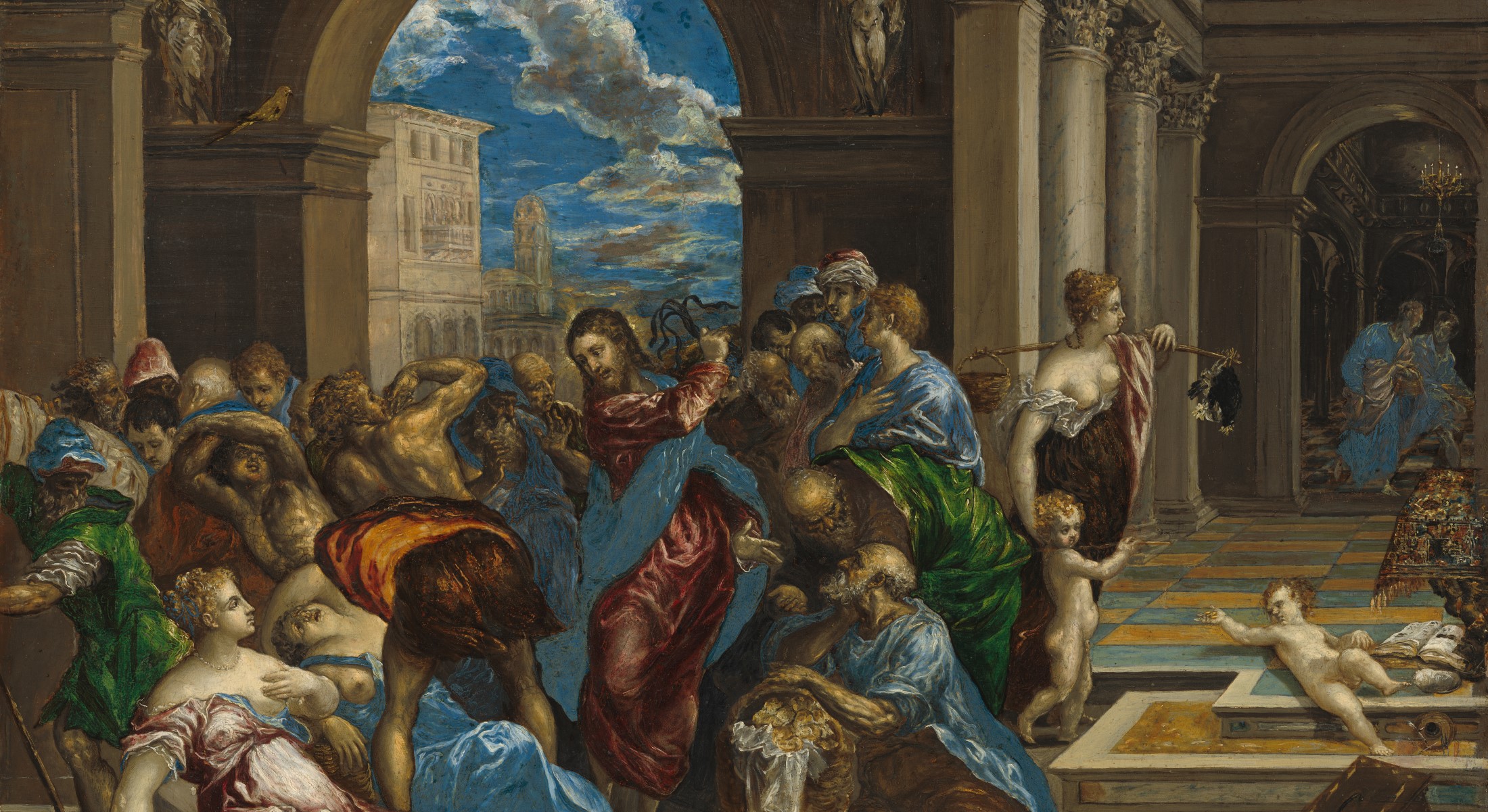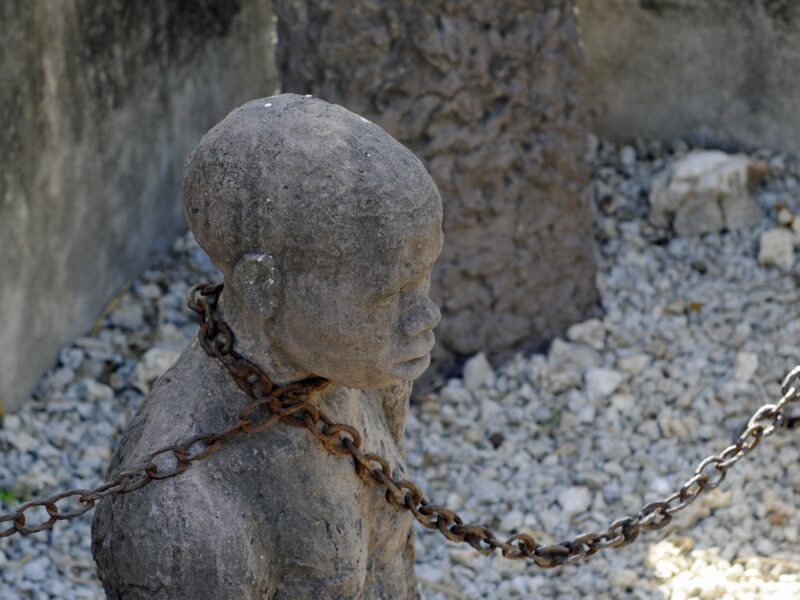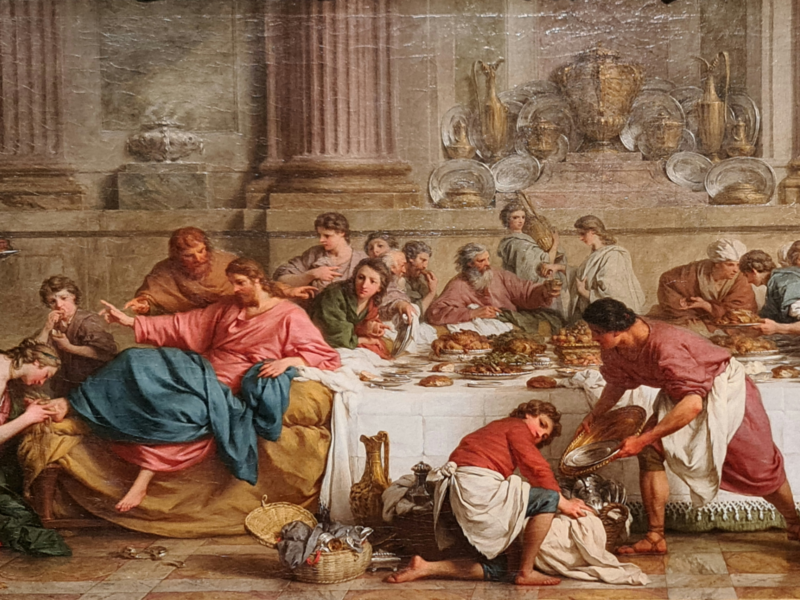
Burning with Zeal
Third Sunday of Lent. Fr Benedict Jonak considers the role of emotions in Christ’s life, and in ours.
From the little information we have from the Gospel accounts it is not a straightforward matter for us to imagine what kind of personality Christ had. On the one hand he seems to be calm and steady, not easily swayed by the events that take place around him, like for example at Cana, when he is not bothered by the apparent lack of wine, which caused trouble and embarrassment to the host. He tells his mother who wants him to intervene: ‘O woman, what have you to do with me? My hour has not yet come.’ Or at another occasion, when a woman caught in adultery was brought to him for judgment, he calmly bent down and, ignoring everyone, wrote with his finger on the ground.
On the other hand we see him many times working miracles because he was moved by pity, just as when a crowd gathered around him and he taught them at length, because he felt sorry for them, sheep without a shepherd; or when ‘a leper came to him beseeching him, and kneeling said to him, “If you will, you can make me clean.” Moved with pity, Jesus stretched out his hand and touched him, and said to him, “I will; be clean.”‘
Today, we see Jesus clearly angry with the situation he met in the temple. He drove out the businessmen from the temple and told the sellers at the stalls: ‘Take these things away; you shall not make my Father’s house a house of trade.’ It is clear that Jesus cares deeply for all things concerning the Father: his mission, the revelation of the Father’s name and the Father’s house; and wishes that the temple would be a fitting place of prayer, devotion and instruction. It was obvious to him from young age: when lost during the pilgrimage to Jerusalem he says to his family ‘How is it that you sought me? Did you not know that I must be in my Father’s house?’
Just as it would be inappropriate for us to imagine Christ in a stoic fashion, unaffected by his emotions, so equally it is wrong to ignore our own emotions. They are part of the human nature, the same nature that Jesus fully took upon himself and redeemed. Emotions can be a useful guide in our spiritual life. They can show us what truly matters to us. The thing or matter that is important to us will bring us joy and delight when we achieve it. If the same thing is lost, we are sad. When the object of our desire is threatened, we become angry – and that anger moves us to fight for it.
This is why it is so important for us to want God, to desire his presence and his very self. By rationally choosing God as our goal and place of rest and fulfillment we are also guiding our emotions to follow through in the same direction. If we can achieve that, then prayer becomes more enjoyable and we are filled with more energy to strive for justice in this world, when we see others being wronged.
In this way, just like Christ, our Head, we can be devoured by ‘zeal for God’s house’, not only for the places where we worship, but more importantly zeal for our brothers and sisters, who share not just in our common human nature, but also in the call to want God, to desire the presence of our Creator and Saviour.
Readings: Exodus 20:1-17 | 1 Corinthians 1:22-25 | John 2:13-25
Image: detail from ‘Christ Driving the Money Changers from the Temple’ by El Greco (public domain, via Wikimedia Commons)



Francis chilufya OFMCap
Thanks for the beautiful reflection. Fr Francis T chilufya OFMCap
Alejandro Clausse
A few weeks ago, Pope Francis talked about the emotion of tenderness in relation to the formation of priests, saying something akin to what fr. Benedict is telling us in this homily: “Don’t be afraid to be tender” (Audience in the Paul VI Hall to the participants in an International Conference for the Ongoing Formation of Priests, Feb 8, 2024). Interestingly, he recommended not just to avoid seeing tenderness a dangerous vulnerability, but to pray asking for “the grace of tenderness. A tenderness that can be witnessed with those in difficulty, the old, the sick and even the smallest babies. Ask for this grace, and don’t be afraid to be tender. Tenderness is strength.”